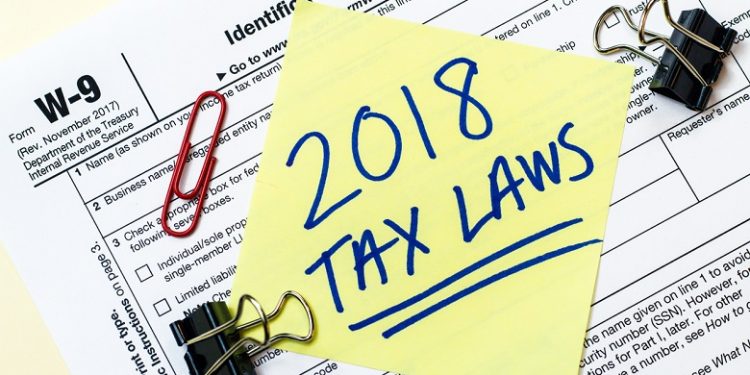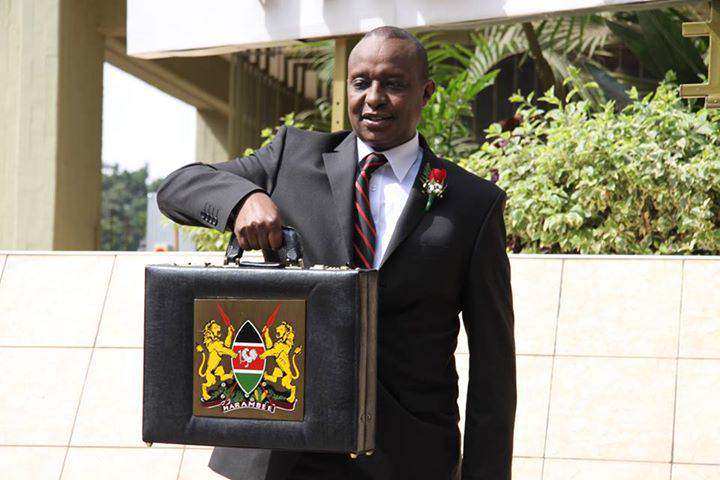The National Treasury is currently in the final stages of reviewing the Income Tax Act with aim of easing tax administration and collection in the country. The review process has involved stakeholder participation with the Treasury inviting interested parties to give comments to facilitate the finalisation and submission of the Bill.
Among the proposed changes in the Income Tax Bill 2018 is the increase of corporate tax rate to 35 percent, applicable to taxable income of more than Sh500 million.
Currently, resident companies are taxed at a rate of 30 percent while non-resident companies, with a permanent establishment in the country, are taxed at a rate of 37.5 percent.
The aim of increasing corporate income tax is to increase tax revenues from big companies with a taxable income of over half a billion.
According to Deloitte Kenya, the proposal is likely to increase the tax burden for these companies that are already under the constant surveillance of the Kenya Revenue Authority (KRA).
“Whereas one could argue that the move is aimed at ensuring equity and is similar to the higher tax rate for high income earning individuals, it is a departure from the global trend where corporate taxes are generally being reduced to incentivise investment. One wonders if this is a case of punishing success?” States the report.
Introduction of Presumptive Income Tax
The Bill also proposes a presumptive income tax to resident businesses whose turnover is less than Sh5 million annually. The tax will only apply to businesses given a single business permit by county governments.
The tax excludes rental businesses, management and professional services, and incorporated companies. The presumptive income tax will be 15 percent of the single business permit’s fee.
Deloitte is of the opinion that this proposal aims to widen the tax base and enhance tax collection in the informal sector. Therefore, the tax will affect small businesses that have a sole proprietorship or that are not incorporated. These businesses will be required to pay the tax while receiving their annual business permits.
“This measure would replace the turnover tax, currently at the rate of 3% of a person’s turnover. The KRA has faced challenges in the administration of the tax, hence the proposal to introduce presumptive income tax,” Deloitte says in its report.
On the other hand, a person can request to withdraw from the presumptive income tax by notifying the KRA Commissioner after which they will pay tax income in the normal way.
To successfully implement this tax, Deloitte recommends a collaboration with county governments who issue the single business permits.
Deloitte’s analysis of the Income Tax Bill 2018 comes at a time when the Treasury is about to finalise and submit the final draft to the National Assembly.




